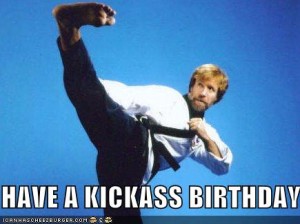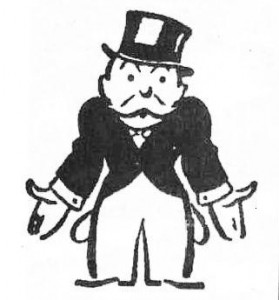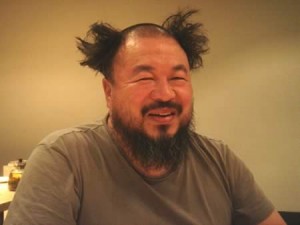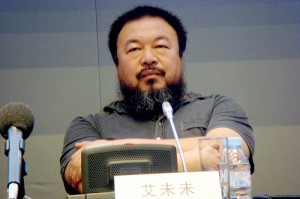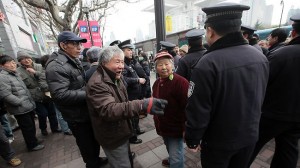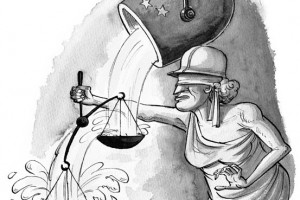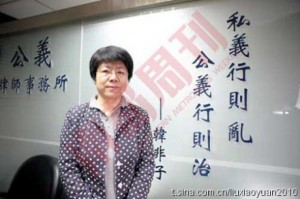China Law & Policy Turns 2!
Last week marked the second anniversary of China Law & Policy’s founding – happy birthday China Law & Policy!
So how has year two been going? One of the greatest challenges of this past year has been balancing working a full-time, non-China job with blogging. It has not been easy and our goal of publishing at least one article a week sometimes was not met; in year two, we published 36 original blog posts. But we continue to keep the scholarship level high, allowing for our readers to rely on the accuracy of the information in our posts.
In terms of readership, year two saw a marked growth. China Law & Policy can now boast over 350 subscribers, over 200 Twitter followers and over 3,000 hits per month.
In year two we also experimented with Twitter, creating an automatic weekly blog post of our tweets. We used this to recommend other articles our readership might find interesting. In general, this Weekly Digest has not proved popular (although if your opinion differs, please let me know). Instead, we have now have our tweets appearing in real-time on the left sidebar under “Recommended Articles.”
Our three most popular articles are more recent pieces. By far, the overwhelming favorite article was “In Defense of Dylan in China: Come Writers and Critics Who Prophesize with Your Pen,” a critique of Maureen Dowd’s Bob Dylan in China op-ed piece. Of more substance perhaps was our second most popular piece, “Don Clarke & Li Tiantian: Two Takes on the Jasmine Revolution in China,” comparing two pieces on the Jasmine Revolution in China. Rounding out the top three was “Reality or Myth: China’s Rule of Law & Its Recent Assault on Lawyers,” an article alerting the world of China’s random abduction, abductions that still continue, of rights-defending lawyers.
One of my personal favorite posts was the book review of Nien Cheng’s Cultural Revolution memoir “Life & Death in Shanghai.” Just discovering Cheng’s book was a pleasure, reading her story of survival was inspiring, but soon after the post, one of Cheng’s good friends in the U.S. emailed me to tell me that he was moved by my review. He believed that if Cheng was still alive, she would have been happy to know that her book was still moving people.
When I created China Law & Policy, the goal was to provide a different voice to the China debate and to explain in easy to understand terms, why non-China people should care about some of the underlying issues about China’s rule of law development. For the past few months, with the arrest, detention and abduction of rights-defending lawyers, human rights and rule of law has largely been a focus of this blog. I will likely continue to focus on these issues as on some level, rule of law cannot be said to exist if rights-defending lawyers, those lawyers who keep the government in check, are continuously harassed. However, in year three we will seek to cover other areas of legal development in China.
Also, to provide our readership with a more diversity of voices, in year three China Law & Policy will resume its podcast series and interview others on their thoughts of China’s legal development.
Most of all on our second anniversary, China Law & Policy would like to thank all those friends and colleagues who  have continued to support our efforts. To those who provide article ideas, edits, and challenges to some of our arguments, your advice, criticism and encouragement are always appreciated and we hope that you continue to engage us.
have continued to support our efforts. To those who provide article ideas, edits, and challenges to some of our arguments, your advice, criticism and encouragement are always appreciated and we hope that you continue to engage us.
As always, China Law & Policy encourages readers to participate in the creation of this blog, either through writing blog posts or giving us ideas on what areas or issues to cover. Have an idea? An article? Feel free to email: elynch@chinalawandpolicy.com
 On Facebook
On Facebook By Email
By Email 